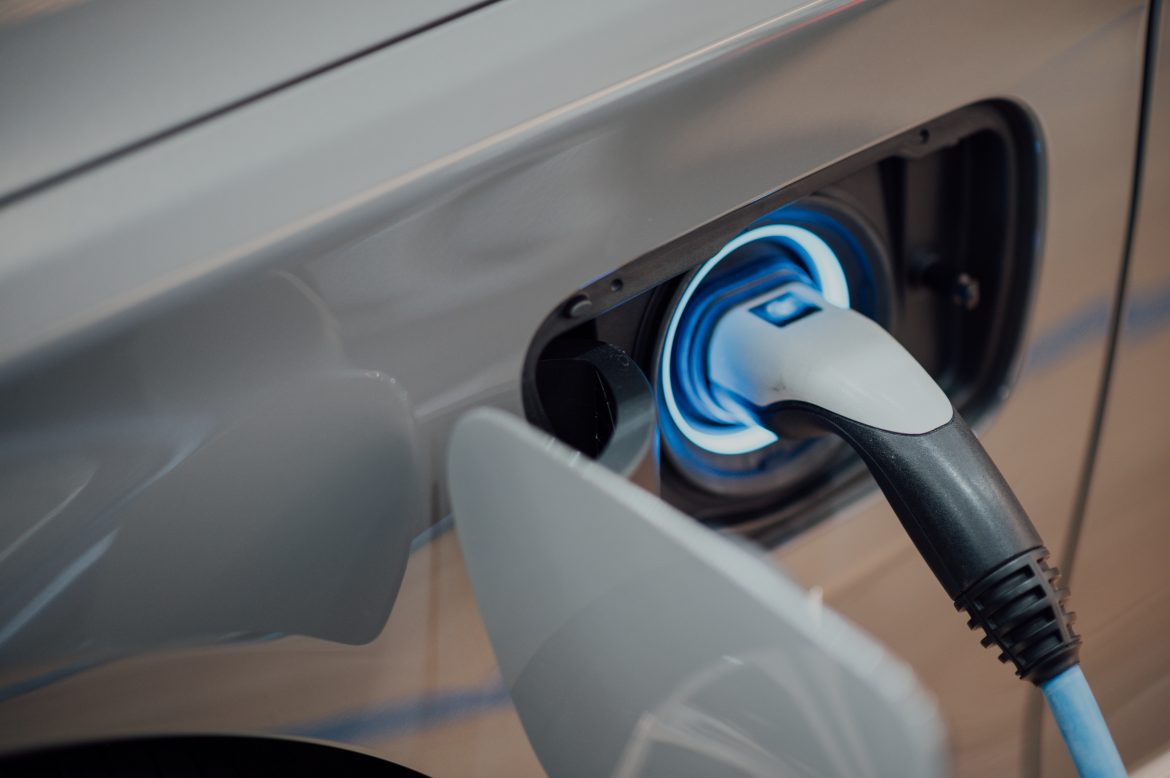In a sign of continued resilience, Europe’s new passenger car market experienced a positive trajectory in April, as per data from JATO Dynamics covering 28 European markets. With a total of 1,080,517 new vehicles registered during the month, the market saw a noteworthy increase of 12.6% compared to April 2023. This surge was largely fueled by heightened demand for B-hatchbacks and compact cars. Year-to-date figures also painted a positive picture, with a 6.7% rise in registrations, totaling 4,461,734 new units so far in 2024.
The drastic changes that have characterised the market growth during the recent years were mainly propelled by electric vehicles (EVs), SUVs, and the Chinese-made cars but JATO’s most recent data shows that this trend has begun to change. The market share of BEVs and PHEVs was also slightly higher by 0.3 percentage points, and raising the literacy rate to 13.4% in April 2024. New registrations of BEVs increased by 15% per month, which proved growth albeit at a more muted rate than the prior few years.
According to Felipe Munoz, the JATO Dynamics global analyst, reduced price cutting was the key reason that slowed down the electric car market and raised customer concerns as to residual value and future prices.
Although Volkswagen continued to hold an impressive market position in the BEV segment in April, the ‘growth leaders’ could be BMW and Volvo. BMW saw its registrations of electric cars increase by 82 percent, although Tesla remained its main competitor. Industry players like Volvo also recorded high growth with 141% growth from April 2023 sparked by demand for the Volvo EX30.
However, there are OEMs that reported lower electric model registration, namely Opel/Vauxhall, Polestar, Skoda, and MG. Nevertheless, these two stocks oscillated over the period as Tesla retained its rank with 0. Thus, 6% growth in registrations has been achieved, and among BEV models, the Model Y took the lead.
Chinese-made cars face uphill battle
Competitive product examples include Chinese-made cars represented primarily by MG that have recently garnered a small market share in EU but are not well entrenched. MG alone made up the bulk of 25,360 total car units sold by Chinese brands in April. Munoz further explained that there seems to be never a break for Chinese OEMs in Europe, pointing to always lingering perception problems and a host of negative attention from regulatory probes.
SUV popularity plateaus
Despite their historical popularity, the market share of SUVs witnessed a marginal decline from April 2023 to April 2024, dropping from 51.3% to 51.1%. While SUVs remain favored by many European consumers, the data suggests a potential plateau in their market share. Notably, brands like Audi, Ford, Kia, Renault, and Skoda faced challenges within the SUV segment, while others like BMW, Hyundai, Mercedes, Toyota, Volkswagen, and Volvo experienced gains.
As the automotive landscape continues to evolve, these shifting trends underscore the dynamic nature of the European car market and the ongoing quest for innovation and adaptation among manufacturers and consumers alike.



